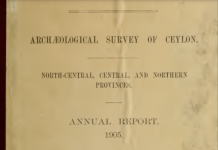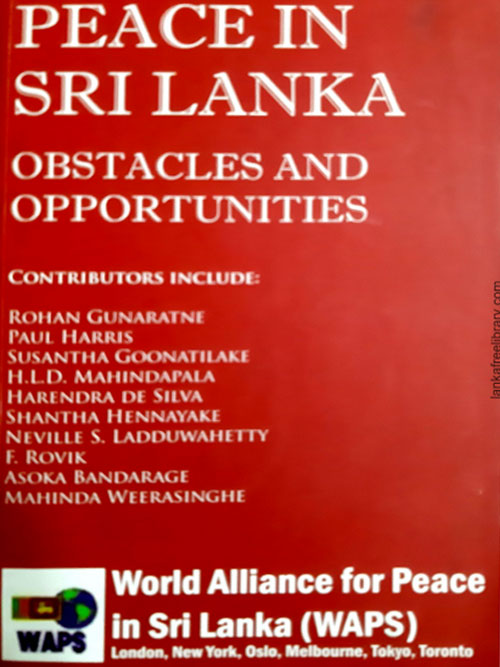and an Evaluation of Decentralization
Sinhala Weera Vidahana
INTRODUCTION
Devolution carries with it a high political content. I am not directly examining the political wisdom or otherwise of the Devolution Package. The questions I am interested in are those of prime interest to economists and in particular to the development economist in me. When power is to be shared it is natural to ask the questions as to who would be responsible for income redistribution and stabilization and who would direct the development process and safeguard the interests of economic efficiency. A lively debate is at present going on in the world on the pros and cons of decentralisation which is a term often used interchangeably with devolution. The question of prime interest in this debate is – Is devolution/decentralisation economically desirable; will it promote efficiency, equity and stability? I too am interested in these issues and shall be looking into them very closely in this book.
To the development economist in me and from the standpoint of this country which can be classified as a “low income – slow growth” economy, there is another issue of prime and topical interest. I feel obliged to look into whether the Devolution Package will have any negative economic consequences on the long run economic growth prospects of this struggling economy. If it does and such negative consequences are significant, then in the long run they will certainly outweigh any short term benefits. If this can be perceived as a possibility, then development economists if they were to remain silent, would only have a troubled conscience to nurse. Looking around the world, [hat troubled conscience will become even more difficult to nurse. One notices that the miracle economies of Asia – China, Hong Kong, Korea, Singapore, Taiwan and Thailand are all highly centralised economies, which are only now beginning to decentralise.











